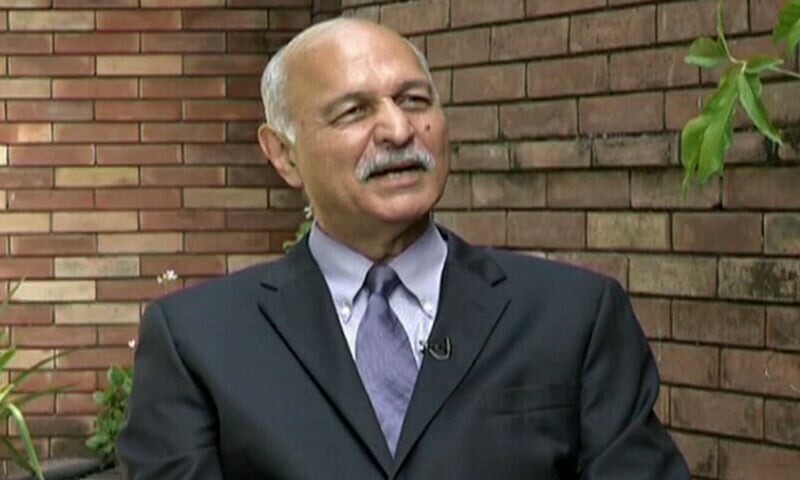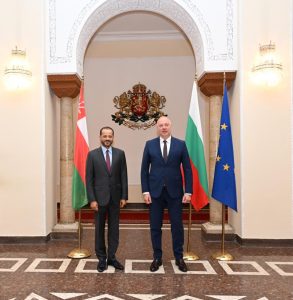Iran’s retaliatory strikes against Israel unified the Muslim World: Senator Mushahid

Liaquat Ali
Islamabad: Iran’s retaliatory strikes against Israel served as a unifying moment for the Muslim world, said Senator Mushahid Hussain Syed while addressing a conference hosted by the Centre for Pakistan and Persian Gulf Studies (CPGS) in Thursday.
The event brought together senior policymakers, diplomats, scholars, and analysts to assess shifting geopolitical alignments and the future of regional cooperation.
In his remarks, Senator Mushahid introduced the “3 Rs” concept, arguing that the global geopolitics was witnessing resurgence of Islamophobia which was spearheaded by racial supremacy of the West and the dominance of right-wing politics. He also elaborated that the rise of China in technological and AI domains had shifted the power center from the West to the East. These developments, he argued, had resulted in the retrenchment of the West and global order.
Discussing the conflictual situations both in South Asia and the Middle East, Senator Mushahid observed that Pakistan’s retaliation against India unified the entire nation while Iran’s retaliatory strikes against Israel unified the entire Muslim world.
Former Director General Institute of Strategic Studies & Research Analysis (ISSRA), General (Retd) Samrez Salik, stated that both the United States and Israel had miscalculated Iran’s capacity for a sustained and strategic response. He said the Iran-Israel escalation showed that military power and technology alone do not determine outcomes; strategy and resilience are increasingly decisive in modern warfare.
Ambassador Naela Chohan discussed about the paradigm shift in geopolitics and geo-economics. She was critical of the current global order and mentioned that the regional and systemic mechanisms had minimized in settling merely the disputes. Hence, the so-called period of multilateralism was witnessing its decline, she said.
Ambassador Chohan also praised the role of China as she put forward the concept of indivisible security and inclusive security adopted by China.
Professor Dr Manzoor Afridi, Dean Social Sciences at International Islamic University, boasted that the era of the US hegemony had come to an end. The US had transformed from being a power broker to a mere mediator which was carrying out peace deals, Dr Afridi noted. He also criticized the role of international organizations and labelled the incompetency of the UN as it failed in resolving the conflicts and disputes.
Dr. Syed Qandil Abbas, Associate Professor at Quaid-i-Azam University and an expert on the Middle East, urged Pakistan to adopt a more proactive foreign policy posture. He recommended that Islamabad support Iran in the same spirit of strategic alignment it maintains with China, to safeguard its interests amid regional instability.
Earlier, Nasir Abbas Sherazi, President of Centre for Pakistan and Persian Gulf Studies (CPGS), remarked that the situation in the aftermath of Iran-Israel war created the best opportunity for regional connectivity. It was the high time to implement IP gas pipeline and take a unified stand against Israeli designs in the region and beyond.





